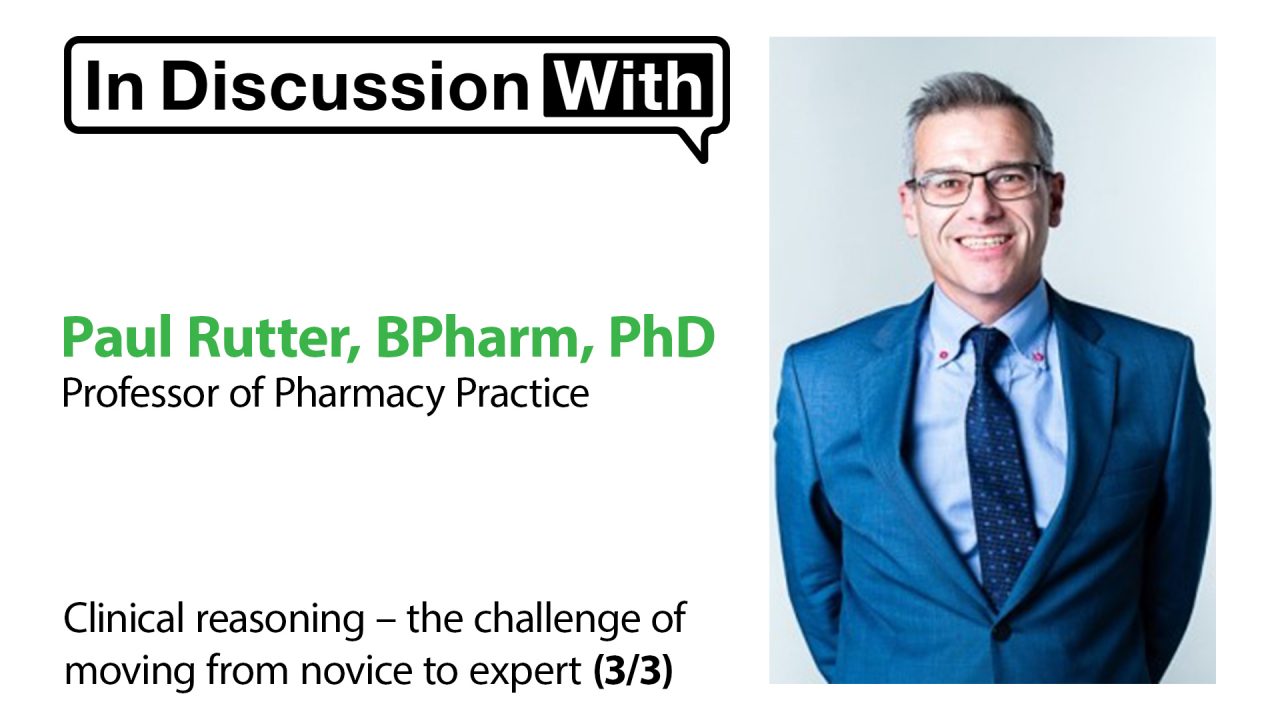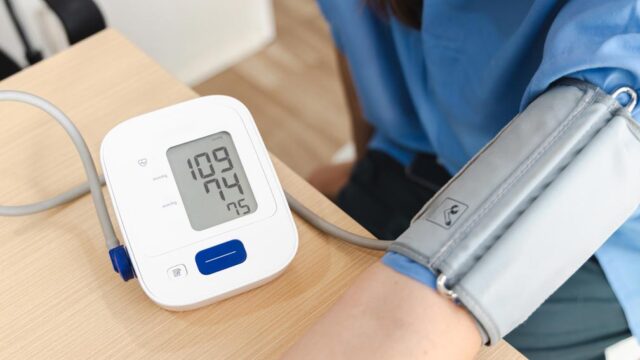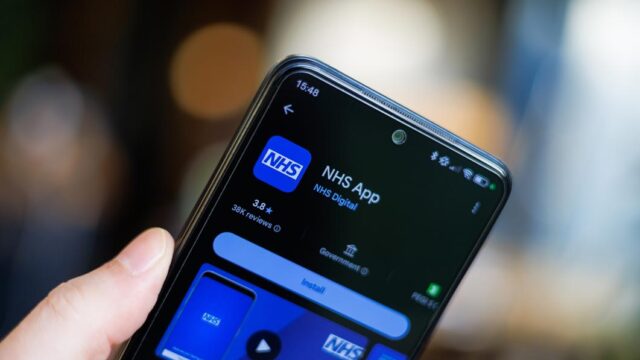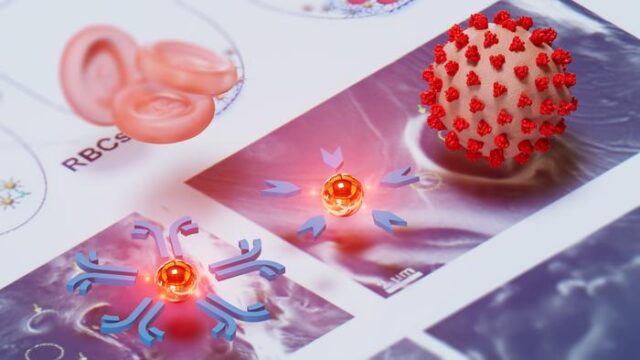Advertisment
Clinical reasoning – the challenge of moving from novice to expert

The introduction of clinical reasoning and diagnosis as routine elements of community pharmacy practice will present a number of challenges and could pave the way for closer working relationships with GPs, according to Paul Rutter, Professor of Pharmacy Practice at Portsmouth University.
Link to Pharmacy First
The Pharmacy First scheme allows the pharmacist access to medicines which otherwise would be prescription only medicines (POMs), in specific situations. This is expected to relieve some pressure on GP services. However, “You’ve still got to make that diagnosis, you’ve still got to get to the point that you are confident that you are dealing with condition X and then you can use the Pharmacy First service to supply the appropriate medicine”, says Professor Rutter. The pharmacist is still responsible for making the diagnosis and the new book “will help pharmacists establish the diagnosis with more confidence and more accuracy”, he adds.
Clinical Reasoning and Artificial Intelligence
Clinical reasoning and decision making is now creeping in to the undergraduate pharmacy curriculum as independent prescribing is becoming embedded. It is already a feature of post-graduate independent prescribing courses.
In future, artificial intelligence (AI) will undoubtedly play a role in teaching and delivery of services but is unlikely to take over clinical reasoning activities, says Professor Rutter. “Clinical reasoning is fundamentally a thinking and cognitive process that you have to do yourself. So, I think AI will be used to create test cases to give students opportunities to practice this clinical reasoning in a safe environment where they can build up their experience. I think it will augment and supplement how we teach clinical reasoning but the actual process of how you do clinical reasoning has still got to be thought through by the student themselves – so I don’t think AI will ever replace that”, he explains.
Clinical reasoning: from novice to expert
Professor Rutter envisages that the Pharmacy First service will be extended as part of the movement to make pharmacy a more clinical profession. Inevitably, the ways in which pharmacists arrive at a differential diagnosis will come under scrutiny, particularly from GPs who will have been taught clinical reasoning as part of the way they make a diagnosis. When they see that pharmacists are approaching the activity in the same way that they themselves would, it should give pharmacists more credibility and enable GPs to have more confidence in what they do, he says.
Clinical reasoning is, in some ways, a new activity for community pharmacists and it will take time for them to become experts. The development of expertise depends on experience – the more cases of a similar condition that a practitioner sees, the more his or her understanding of the way the condition presents develops. “The biggest challenge for pharmacists is how do you get that feedback … to know you’re doing a good job”, says Professor Rutter. If the diagnosis is uncertain then, as a community pharmacist , he would refer the patient to the GP but then rarely receives any feedback. “Most times in community pharmacy you don’t get feedback from the patient or the doctor to tell you whether you were right or wrong. Now for us to become good at clinical reasoning and more expert that loop needs to be closed. I think it’s important that pharmacists try to talk to their GPs when they’re making these referrals to say, “Well, I’m referring this case to you because I think it might be this but I’m not sure. I’d really appreciate it if you could tell me what you think so that I can improve for next time”, and by doing that you’re able to raise your ceiling of competence. …. [If] you get feedback on cases, over time your ceiling of competence goes up and up and up and you’re able to treat more and more patients”, he explains.
Vision for the future
In 10 years’ time, Professor Rutter foresees that community pharmacists’ clinical role will be extended further and most pharmacists will be independent prescribers. Dispensing in community pharmacies will be limited to items required immediately and much will be done remotely with medicines delivered by post. Pharmacists will the be free to concentrate their efforts on management of long-term conditions for stable patients. “Many of the roles that GPs currently perform I think will be performed in a pharmacy and patients will be directed to the pharmacy more and more rather than the GP. So, I only see the clinical side of pharmacy growing and the traditional kind of dispensing side of pharmacy disappearing. I think we will, at that point, in 10 years’ time, be a very clinical, patient-facing profession. I think the digital side of pharmacy will increase and that will hopefully allow greater communication between pharmacy and general practice services so they’re better integrated”, he says.
About Paul Rutter
Paul Rutter is Professor of Pharmacy Practice at Portsmouth University. His main area of interest is differential diagnosis of minor conditions for pharmacists and his academic teaching deals mainly with this topic. He is the author of the textbook, Symptoms, Diagnosis and Treatment in Community Pharmacy, now in its fifth edition. His new book, Differential diagnosis for non-medical prescribers, nurses and pharmacists: A case-based approach, was published in August 2024.
Read and watch the full series on our website or on YouTube.










